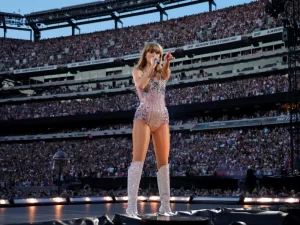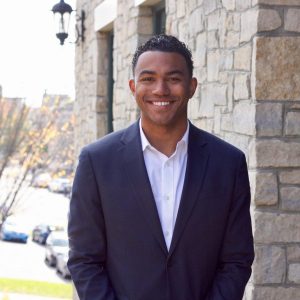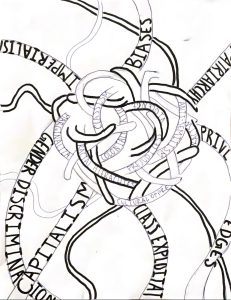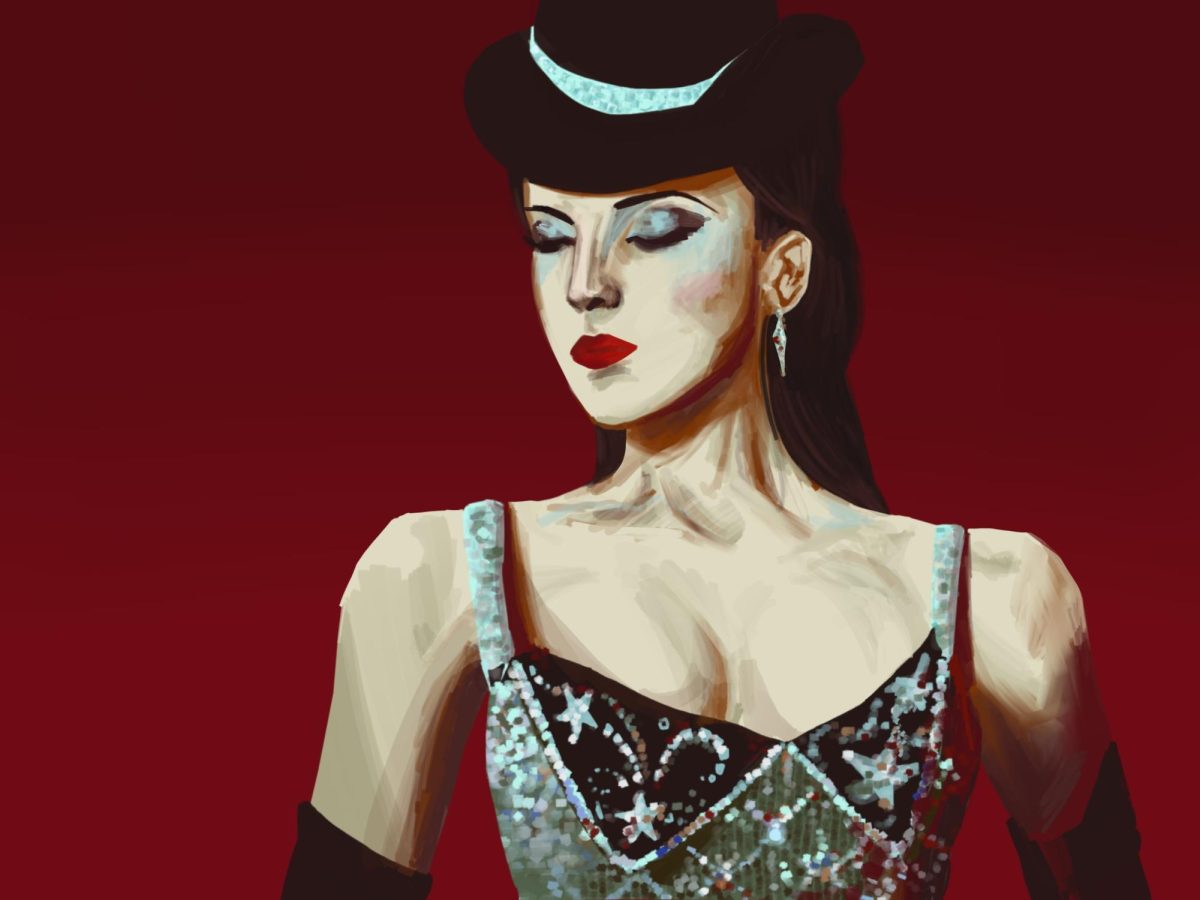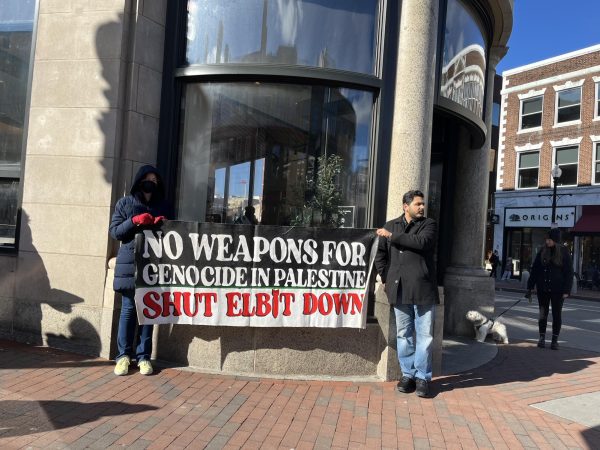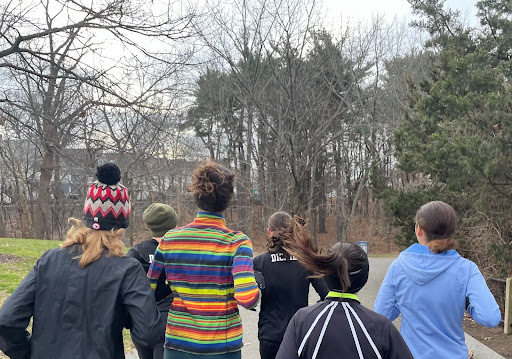Why Pro-Cop Movements Are Self-Destructive
May 2, 2019
In the wake of the multiple accusations of judicial corruption leveled against Chicago attorney Kim Foxx following the dismissal of the Empire star Jussie Smollett’s case, protests and counter-protests arose outside the prosecutor’s office, drawing in participants from across the political spectrum, including the Fraternal Brotherhood of Police and multiple far-right groups.
Though the series of protests did not directly spawn from the discussion of police brutality, it quickly became the subject of the discourse, with two chants rising from the respective factions: “Black Lives Matter” and “Blue Lives Matter.”
Watching footage of this, it struck me as odd how nobody in the “pro-cop” camp seemed to fully grasp how, in choosing to reject the validity of their protesters’ message, they were actually doing irreparable harm to their own cause.
This situation characterizes almost every popular movement in protest of police brutality, whether it’s inflicted upon minorities, the LGBTQ+ community, or any other group historically vulnerable to abuse and harassment. When complaints are raised, the backlash is swift and inevitable. This was the case when most of the San Francisco Police Department (SFPD) took the side of Dan White, the former cop who assassinated Harvey Milk in 1978, and it was the case when objections to police brutality were answered with “All Lives Matter,” which is akin to telling a drowning person that we all need to breathe—objectively true, but utterly inappropriate, given the context.
There is a reality that people charged with enforcing the law should be held to the highest possible standard.
Recently, counter-protests have evolved into such campaigns as “Blue Lives Matter” or “Back the Blue,” which defend the role of the police in society and are fixated on an imagined uptake in police deaths (which have been trending downwards for decades), blaming the “anti-cop rhetoric” of those who dare to criticize systemic brutality.
Similarly, soon after kneeling in protest of corruption within the justice system, Colin Kaepernick was accused of anti-patriotism, disrespecting the troops, and, somehow, promoting violence against police.
Kaepernick was quick to address these claims, releasing a statement on Instagram that he was protesting “rogue cops that are allowed to hold positions in police departments, [who] not only put the community in danger, but also put the cops that have the right intentions in danger by creating an environment of tension and mistrust. I have two uncles and friends who are police officers and work to protect and serve ALL people.”
However, this was not enough to placate Kaepernick’s critics, who continue to insist that any criticism of a corrupt justice system is an indictment of justice itself.
Yet, therein lies the problem with these pro-cop movements. They refuse to acknowledge that there are police officers who use the power of their badge to abuse people of color, homeless people, and LGBTQ+ people. Whether the defenders of the police take this approach out of the callow belief that every cop is beyond the possibility of criticism, or whether it’s a genuine desire to screw over victims of corrupt policing, the result is the same.
Communities are still victimized and alienated by rogue cops, and by refusing to admit guilt or the need for accountability, it’s brushed off with a glib “cops get shot too.”
This fails to grasp the reality that people charged with enforcing the law should be held to the highest possible standard. To do otherwise is a disgrace to America and justice itself, calling into question whether or not law enforcement as we know it is too far gone to reform. Like it or not, even when cops don’t do horrible things, choosing to defend them will ultimately prove much more harmful than helpful to everyone involved.
This piece also appears in our April 2019 print edition.



